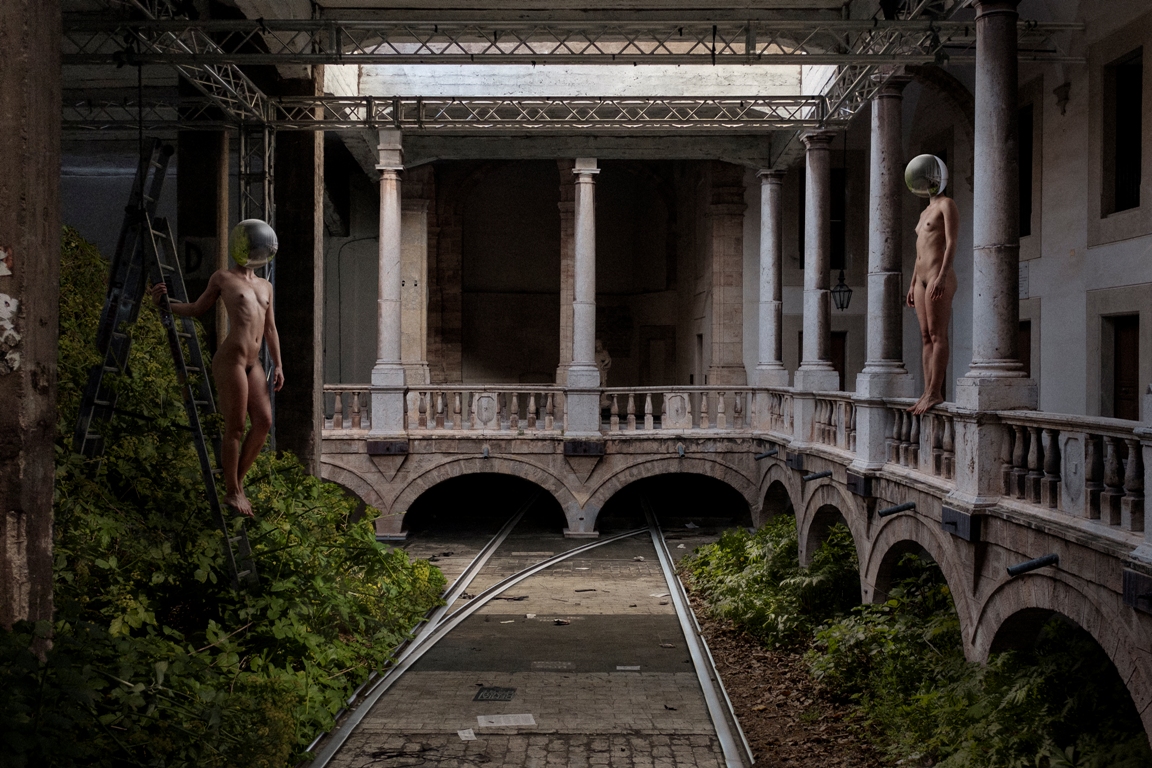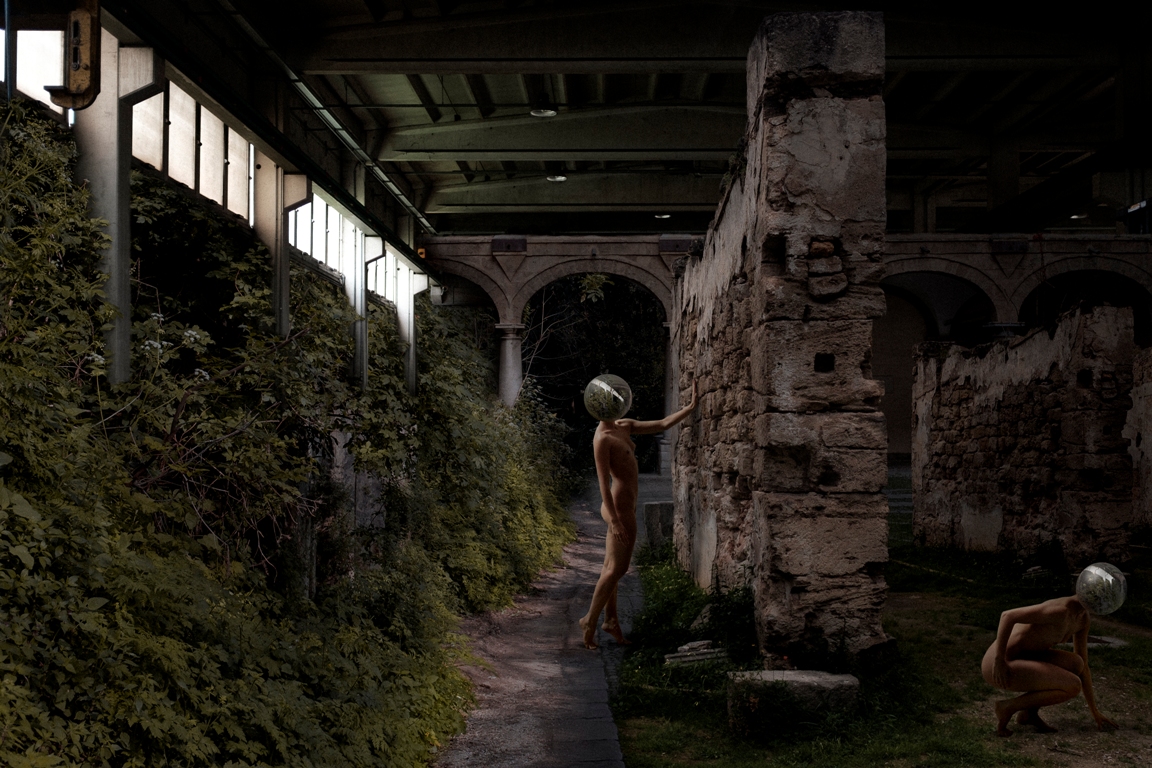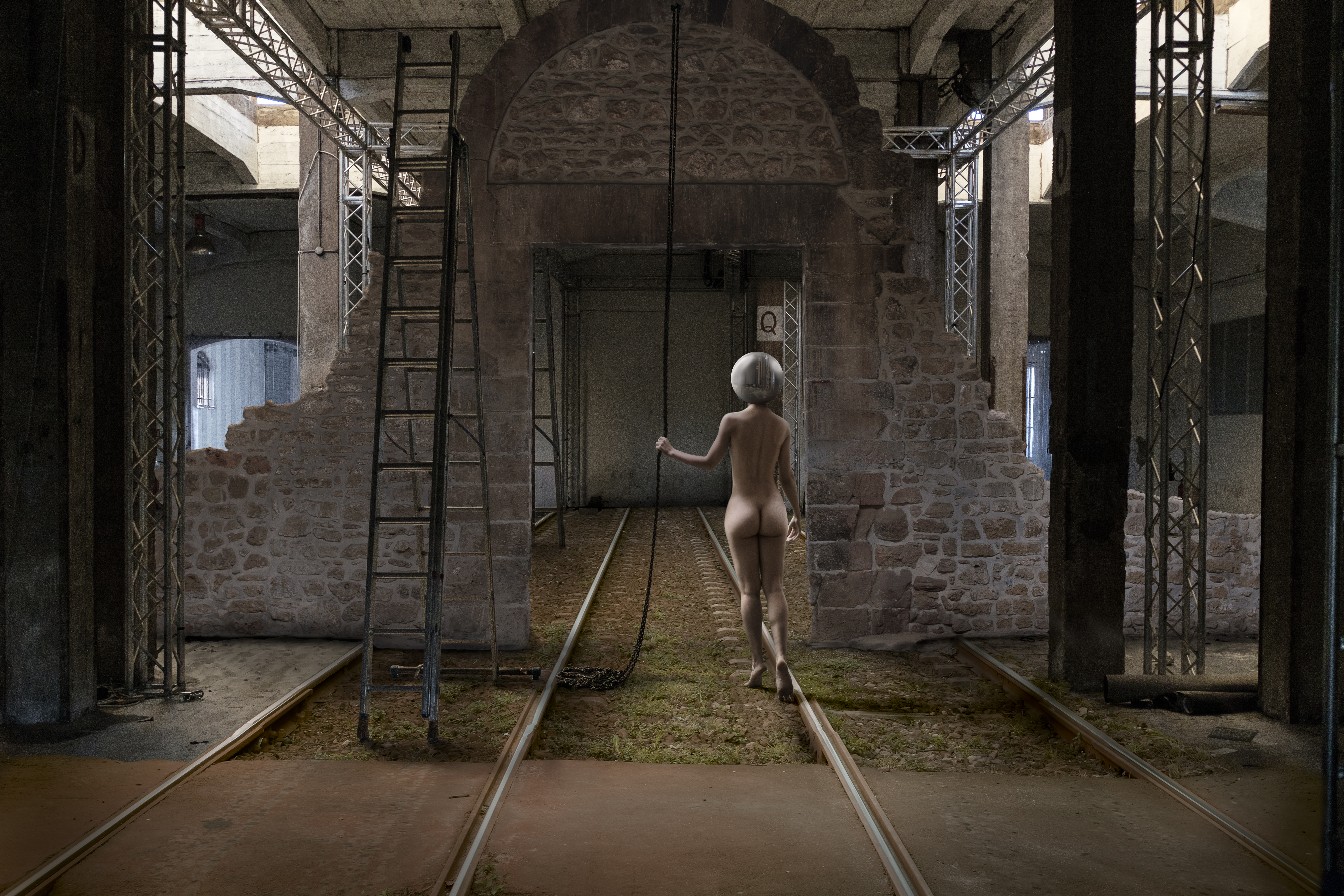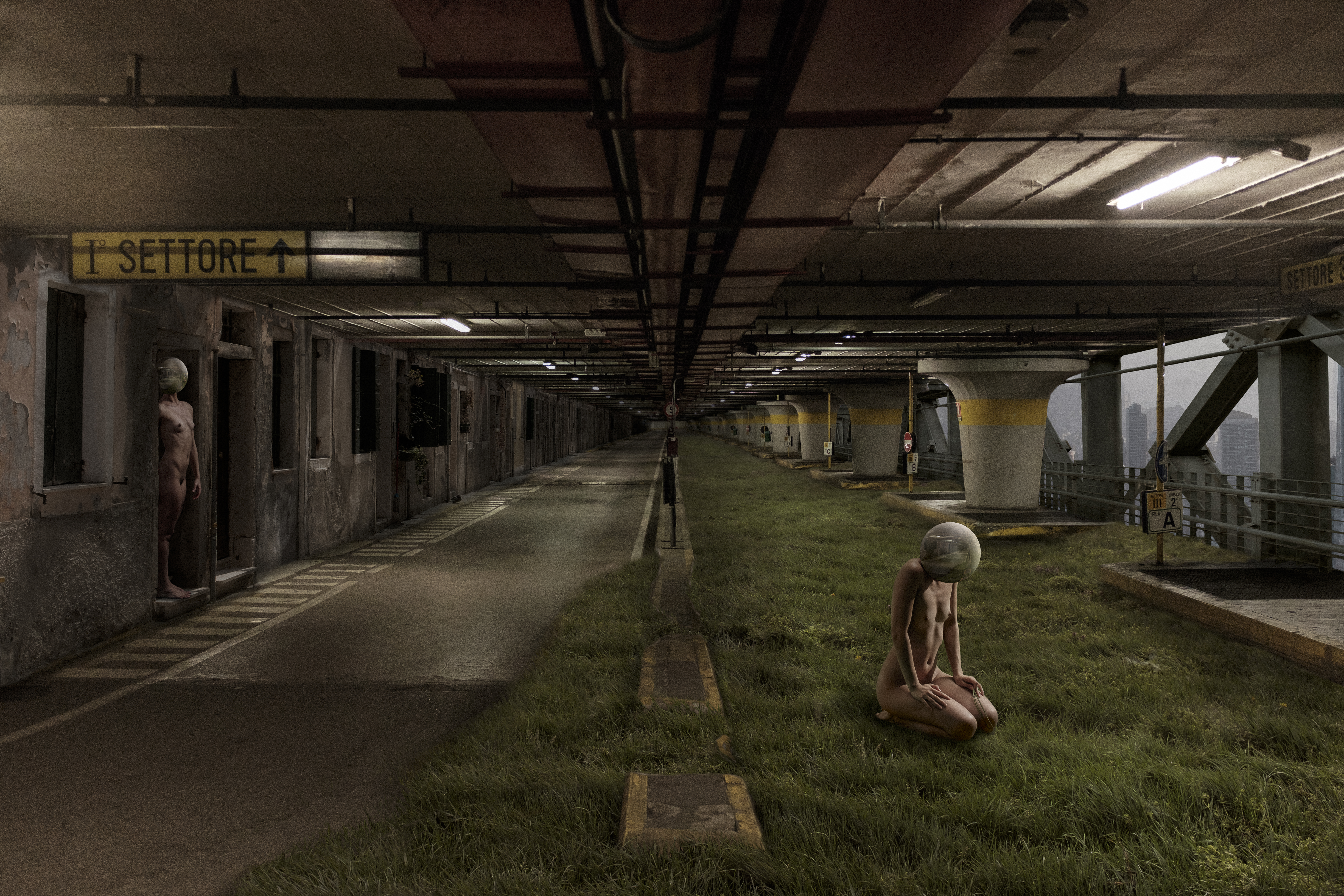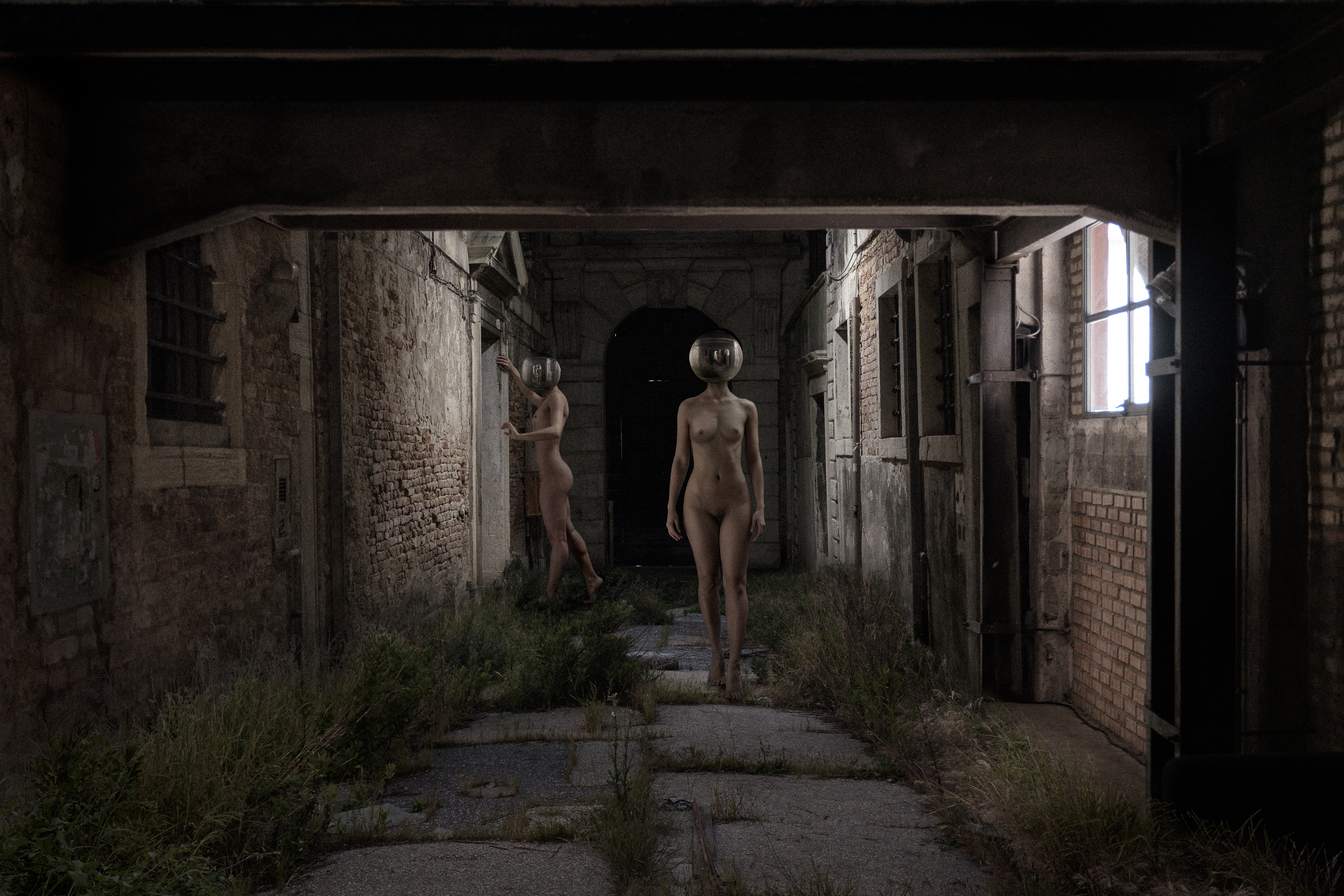Anthropocene refers to the current geological era in the way it will be clearly distinguishable from the previous ones to a future observer, because of human impact on the planet (due to the way we transformed landscapes, atmosphere, and waters, and due to the artificial materials we created, like plastic). More generically, however, Anthropocene refers to what will be left of us. Us as in humans of this current culture. In the near-to-far future we either evolve into something different (culturally, primarily) and so will the planet, or just disappear. In both cases, what we’ve done and what we’re doing will leave a permanent mark on Earth, a mark that has been called Anthropocene.
I’m really into these kind of things, partially because of me, I guess, but also because of the historical moment. We’re all facing some sort of fading of that same culture that put us in this situation and trying to figure out what will be next has become an impossible, when not frightening, task. I won’t go into any political dissertation, this isn’t the place, and I’m not the person. But I think we all share this feeling about the future, and I wanted to use photography and compositing to get a peek into it.
I don’t know how many of you are familiar with Nolan’s movie “Interstellar” but looking at the box office stats I guess the most of you will be. Now, the movie is very honest in presenting the two major issues with human interplanetary migration: any planet we might try to land to is just too far, and the human population is just too heavy to be pulled out of Earth. If we really screw up this planet, there won’t really be a “clean exit”. The best we can try, in order not to disappear as a species, is to transfer embryos (much lighter). Like we were a mere tree, we might be lucky enough to spread other genes on other fertile lands, but we won’t be able to leave our ground.
So, I try to imagine, what if this day isn’t too far away. What if the next war eventually starts the kind of unforgiving and long-lasting atmospheric catastrophe we’ve been fearing since the day we figured out what may have happened to the dinosaurs. Let’s say we’ll be so heroic to be able to put the last resources and brains to work a way to ship out embryos, maybe with a little human crew to sail them to a good land. But that will be it. No ways out for all the others, all of us. Read More
So, humans eventually die. There’s nobody left. So nature starts taking back what was “ours”. The underground towns go into natural erosion, while plants start to grow everywhere around. Like what happened with the ruins of those South-South-Eastern empires. And so, just like that, Anthropocene stops being an “ongoing thing” and becomes officially an era. That same day, a new era begins. Now, let’s keep our story going. There are no people anymore on Earth, but remember the embryos? Their ship might have found the promised land, after all. The little human crew on board might have been that good to land on it, start the colonization process, activate the growth of a bunch of embryos, parented the offspring, taught the new humans (not earthlings anymore, though) how to keep up the process, how to use the technologies, how to create new ones. In the best possible scenario, the offspring comes all from smart-people-embryos, so we’ll have a superior society growing up, no stupid hateful voters anymore, and the land is sweet and fecund. Read More
They won’t find us, however, because we’ll be extinct by then. They’ll find Earth, in its new climate and atmospheric conditions which will force the landers to keep their helmets on all the time, and they’ll find the ruins of what had been before their offspring left the planet, and the ruins of what had been of us afterwards. They’ll look around, and they’ll see the Anthropocene.
Will they attempt to bring back Earth conditions to favor human life, so to colonize it back? Or will they leave it be, considering it what it has become, a giant cemetery of the first millennia of human civilization?
Read Luca Rossini’s full essay here
Luca Rossini
Biography: Luca Rossini was born in Rome in 1979, a master degree in Biomedical Engineering and a PhD in Advanced Neuroprosthesis, Luca never stopped nurturing his love for photography, until when, in 2012, his photo-blog raised the attention of international companies such as Sony and Italian magazines such as “L’Espresso” and Vogue. In 2013, Rossini resigned from his permanent position as a scientific coordinator for an Italian private research company and started doing photography full-time. Since then his work has been published on paper in national and international magazines such as “Vogue Italia”, “L’Espresso”, “Inside Art”, “Emerging Photographer”, and “Sole 24 Ore”; online national magazines such as “La Repubblica” and “Vogue Italia” published several of his works, while the “World Photography Organization” website hosted two of his interviews. Luca Rossini is a regular contributor to the international Fuji-oriented photography blog “Fuji Love”, with more than 33k followers. His work has been exhibited in Italy and abroad in personal and collective exhibitions, with his latest exhibition, with the series Anthropocene, exhibited in Barcelona.

